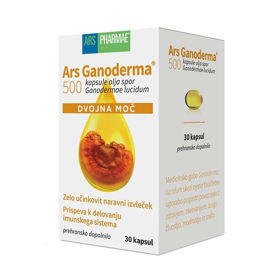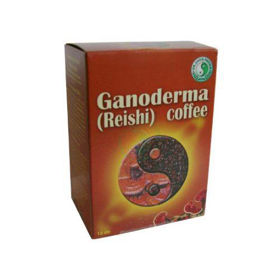Customer question:
What is acute leukemia? Anonymous customer's question
Pharmacist's answer:
Acute leukemia is a rapidly progressive type of leukemia that severely affects the white blood cells in the bone marrow. There are several types of white blood cells, and acute leukemia can affect either white blood cells that develop in lymphoid tissue (acute lymphoblastic leukemia or ALL) or white blood cells that develop in myeloid tissue (acute myeloid leukemia or AML).
Healthy white blood cells control the immune system and "deal" with fighting infections. In the case of acute leukemia, there is an uncontrolled growth of immature white blood cells called blasts. The blasts are thus unable to perform the normal functions of healthy white blood cells and even inhibit the production of healthy blood cells.
Acute leukemia is an emergency that requires immediate medical attention. Laboratory tests confirm the diagnosis, including a blood test and a bone marrow biopsy. Treatment for acute leukemia usually includes chemotherapy, targeted therapy, and a bone marrow transplant in some cases. The prognosis depends on several factors, including the age of the patient, the type of acute leukemia, and the response to treatment.
Interesting reading: Leukemia bruises
Interesting reading: Thorough-blood-test













